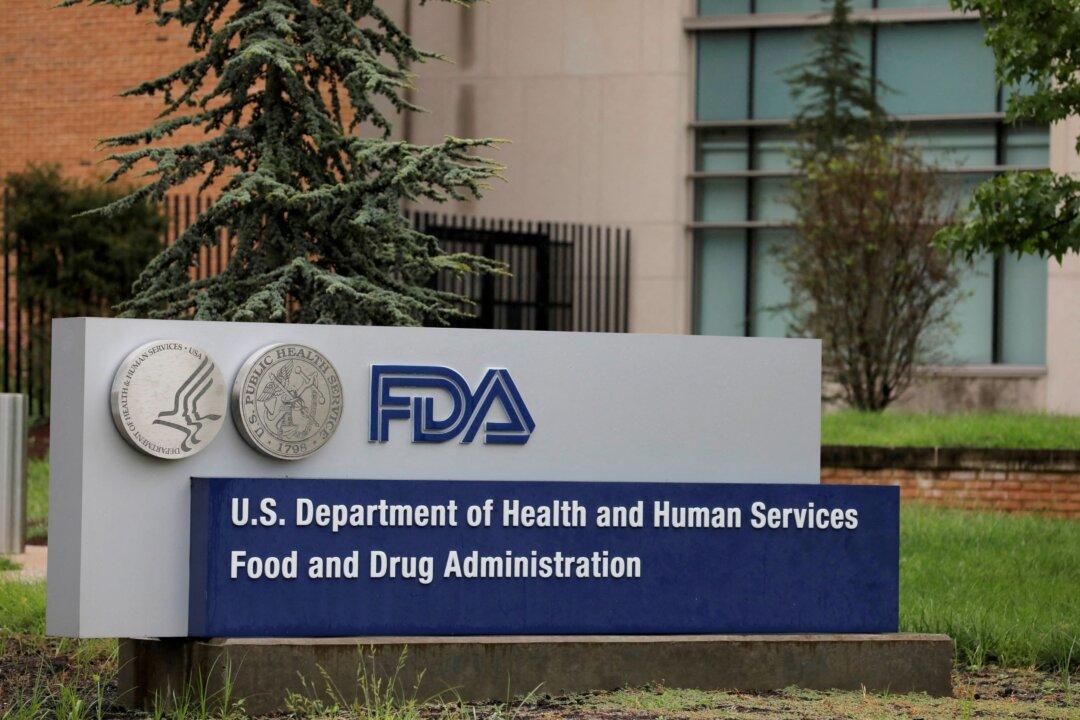The U.S. Food and Drug Administration (FDA) is asking a federal judge to reject a lawsuit seeking to withdraw the approval given to an abortion drug as plaintiffs accuse the agency of failing to follow proper regulatory standards and succumbing to political machinations during the approval process.
The lawsuit (pdf), filed by a group of pro-life medical doctors and organizations in November, challenges the FDA’s decision to approve the abortion drug mifepristone in 2000.





